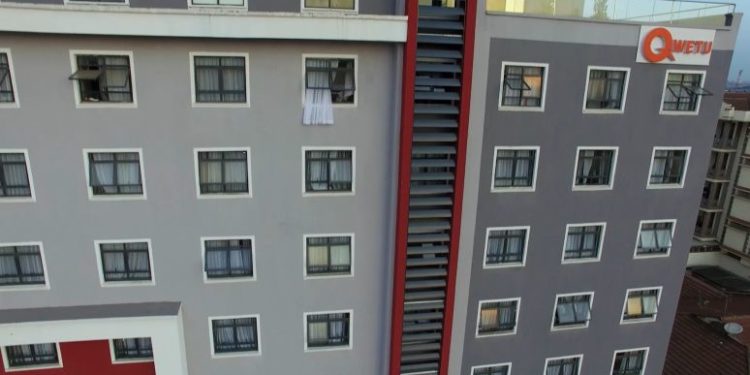According to the 2022-2023 Knight Frank African report, the real estate company listed that the growing number of undergraduates, a youthful population, and an undersupply of formal student housing have resulted in increased development of purpose-built student accommodation as well as co-living schemes as the key assets to watch for the Kenyan residential real estate sector.
Out of the total number of 562,066 students enrolled to join universities and other tertiary institutions, less than 25% of accommodation is catered for by the university supply. This leaves a market gap for private investors to fill.
The PBSA has been on the rise in Kenya, especially near universities, to tap into the undersupply of university accommodation. Student housing has been proven to hedge against economic turmoil due to the continuous university calendar, which is hardly affected by changing economic times.
Read more: Students decry high tuition fees after missing out on HELB
Knight Frank recorded the yields for PBSA at 8.0% compared to the 4.0%, which was recorded for the prime residential sector in Kenya, implying a double yield in the booming sector compared to normal residential housing.
The expanding middle class has also increased the demand for high-quality units for university students with shared common areas like kitchens and TV rooms compared to the traditional low-budget student housing, especially in middle-class areas. One of the main companies that have ventured into PBSA in Kenya is Acorn Holdings Ltd., which has developed Qwetu and Qejani in both middle-class and low-income areas like Jogoo Road, Thika Road, and Madaraka in Nairobi. The increase in tertiary institutions has also favoured the development of PBSAs.
With the reduction of government funding in universities, demand is expected to continue increasing as private and public universities continue to undersupply accommodation for their yearly intakes.
Email your news TIPS to editor@thesharpdaily.com

















